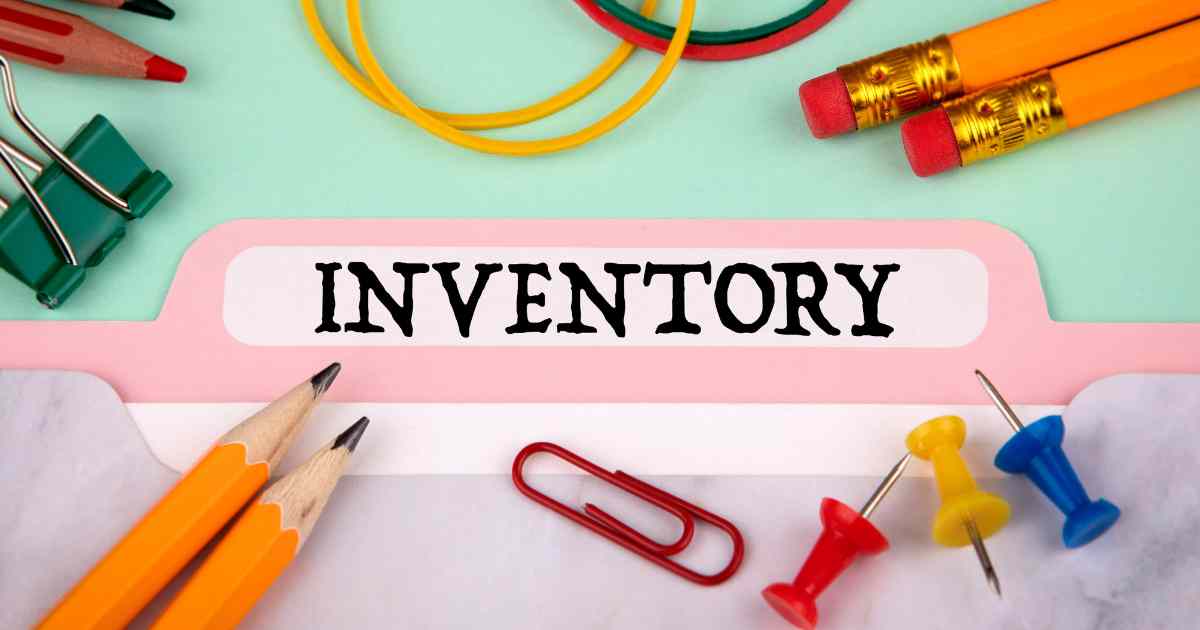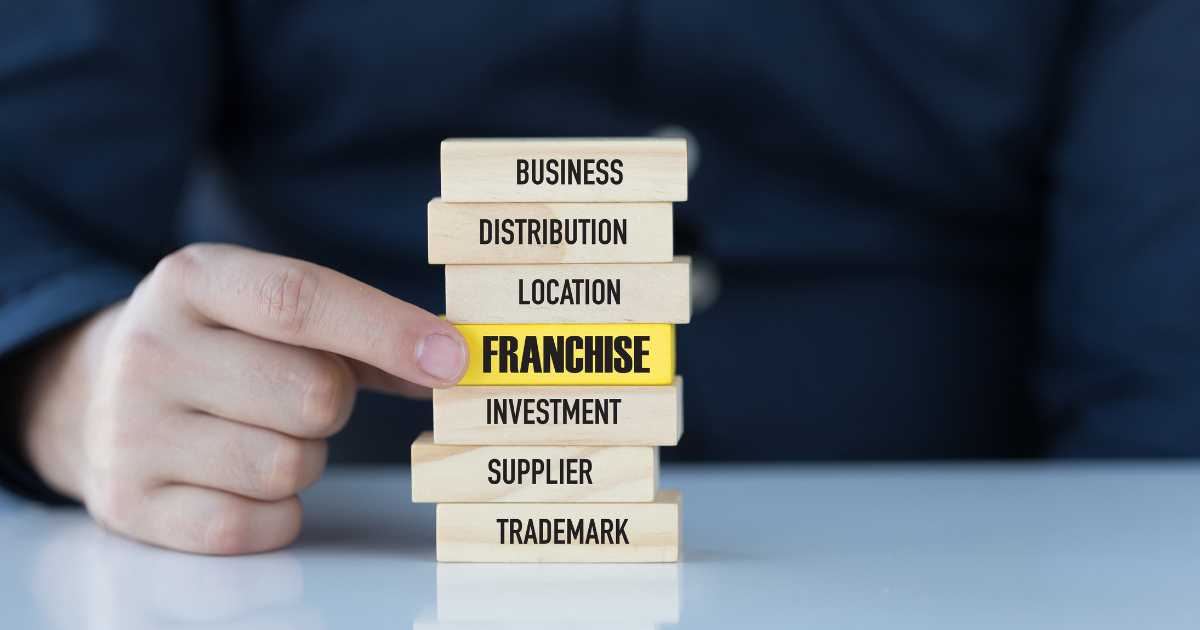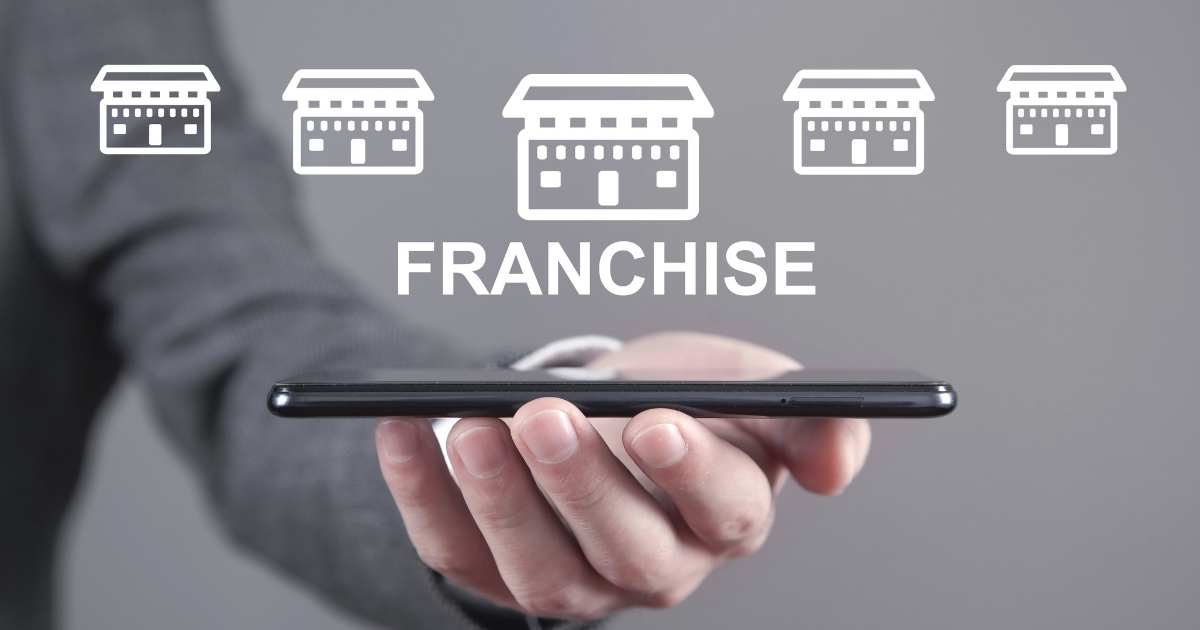
For a long-time finding inventory was a long journey. You would need to find the right resource, travel to them, get your products and still have to travel back to your store. Thanks to in-roads in technology and infrastructure, you don’t need to do too much work to source your inventory.
Sourcing inventory is part of your inventory management strategy. Sourcing typically refers to the identifying, evaluating and establishing relationships with suppliers/manufacturers who can provide the goods or raw materials you need for your business.
For small businesses, sourcing inventory inexpensively is the goal. With the help of technology, you can source your inventory quickly, affordably and sometimes automatically.
In this article, we give you tips on how to source your inventory for your small business.
Types of Inventory Sourcing
Before we go into the best place to find inventory, we need to look at the types of inventory sourcing. The supply industry is wide-ranging and extremely packed with products for any business and industry. As great as it is to have abundance, it can become an endless rabbit hole.
To keep your search narrow and productive, you need to know what the different inventory sourcing types are.
DIY Products or Services
Products which are handmade are typically easier to find but can be expensive. The people who make don’t usually make them in bulk but can do it for you. DIY products can range from handmade jewellery, Persian rugs to heritage clothing. You can explore any of these products for your business.
Additionally, you can join the DIY product manufacturers and make your own products. This is great for a small business because you can keep a record of costs to better determine your pricing, and you will be able to make the products on-demand.
Wholesalers and Manufacturers
Working with manufacturers or wholesalers means you are using a third-party to provide the inventory for you. The difference between these two is that manufacturers can produce the goods for you (custom or standard) and wholesalers only provide you with the inventory.
You can utilise either of these options if you don’t make your own goods. They are also great if you want to diversify your product offering and when you want to scale your business.
Dropshipping
Dropshipping means that your customer orders are fulfilled by another person/vendor. You simply list their products on your website (you need a website) and your dropshipping partner will handle the packaging, shipping and delivery of the product.
If you have a new online store, dropshipping is a great option. But it is also a great option for existing businesses looking to expand their product catalogue.
Marketplaces
A marketplace is a place where people come to buy and sell goods. Marketplaces can be a physical location or be online (like Amazon). Marketplaces provide an advantage to small businesses because you now have options on where to get your inventory. You can source cheaply, locally and internationally.
Trade Shows
Trade shows are exhibitions in which businesses promote their products and services. They are usually industry-specific and seek to connect the exhibitors with prospective customers.
You can find good products or suppliers at trade shows. If you’re lucky, you can even get a discount on the inventory when you make a deal at a trade show. Additionally, you will be able to find different suppliers for different inventory needs at trade shows. This is great for price comparison and also seeing the quality of the inventory.
These are the examples of the different types of inventory sourcing. You can utilise some or all of these types to source the inventory you need for your products or services.
The next part to figure out is how to get funding for your inventory.
Funding for Inventory Sourcing
To get funding for your inventory, you might want to look into inventory financing. Inventory loans are unsecured loans which can help you buy inventory for your business. These loans are usually short-term loans or revolving line of credit.
Some of the best platforms for inventory financing include:
Lula (Lulalend)
Lula has a range of financing options including inventory financing. To apply for the loan, you need to apply online. You will be required to provide the standard business and personal information and most recent bank statements.
The repayment terms on Lula for inventory financing are between 6 and 12 months. Your business needs to have a minimum monthly turnover of R 40 000, an annual turnover of R 500 000 and be trading for at least one year.
Genfin
Genfin offers loans to businesses of up to R 5 million. One of its loan options is inventory financing. To qualify for inventory financing, your business needs to be registered, have a trading history of one year or more and have an annual turnover R 1 million. The repayment periods are between 6 to 12 months.
You can apply for inventory financing on the Genfin website or over the phone. Along with your application form, you will need to submit a 12-month bank statement, latest management accounts, annual financial statements, and your SARS statement of account.
Retail Capital
Retail Capital provides lending solutions to small businesses. For inventory financing, you can apply for the company’s cash advance option. To qualify for the loan, you need to have a turnover of more than R 50 000 per month, trading history of at least three months and minimum of six months business ownership.
The repayment terms are made to be flexible for small businesses. You can choose to repay a fixed monthly amount or opt for a percentage of your turnover to be collected as repayment.
You can apply on the Retail Capital website or book an appointment with a Retail Capital consultant who will help you with your application. You will need to attach your ID, six months bank statement, title deed or latest bond or rental statement and recent supplier statement.
These are not the only places you can find inventory financing. There are also government funding programmes you can apply to, although most are focused on providing funds to those with tenders.
With this information at your fingertips, you can easily and quickly source your inventory. Find your inventory source and apply for funding today!
For more information on all thing inventory, visit the SME South Africa review page.






